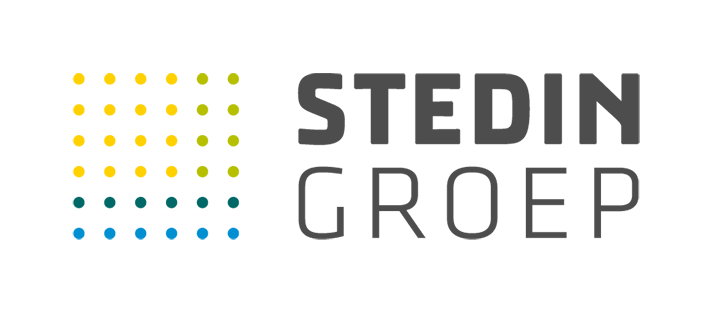What have we learnt
2022 was a momentous year, but above all a year in which we again learnt a great deal on the way to realising our new strategy. The following events and developments serve as examples of this.
Improved grid management
Outage in Spijkenisse
As a result of a fire in a distribution station in Spijkenisse, a switchgear installation was damaged beyond repair and large parts of Spijkenisse were without electricity for hours. The fire started in a switchgear installation, which is a rare occurrence. As there was no safety feature at this location to automatically switch off the electricity if something went wrong, the fire caused severe damage. The fire in Spijkenisse appears to have been an unfortunate combination of circumstances. We are aware that the outage had a huge impact on residents and businesses in Spijkenisse. We are learning from this and we want to prevent it happening again. We are therefore tightening up the automatic safety systems in our 150 distribution stations. In addition, all stations have since been preventively checked for deficiencies.
Facilitating the energy transition
Rapid development of the energy transition
The energy transition is accelerating, driven by national and international political decisions. The CO2 emissions reduction target under the Dutch Climate Agreement has been raised from 49% to 55%, and there is discussion in Europe of a target of 62%. These increasingly ambitious targets are leading to practical policy measures. For example, the government has announced it will make hybrid heat pumps compulsory from 2026 and the combustion engine will be banned in 2035. This trend is further reinforced by the war in Ukraine and high energy prices, combined with a favourable subsidy policy. All this means that Stedin needs to accelerate the expansion of its infrastructure. Accordingly, we increase our investments significantly every year. But where we are unable to do so in good time, we had to give notice of congestion in previous years. This reality means that as a public company, we now have a much more central role in the public and social arena. More than before, we need to step forward and help to shape the debate on the energy transition. We also have to be more accountable to our stakeholders than before, and show them what measures we are taking to realise the infrastructure needed for the energy transition and avoid congestion. This is a new skill for us and we are learning how, when and in what form we should do this. At the same time, we need to structure our systems and processes in such a way that we have ready access to data and information enabling us to provide accountability in the area of non-financial information.
Smart grids
Digital measuring of our medium-voltage stations is essential to facilitate the energy transition. This is particularly important for measuring energy flows and voltage quality. A tender (DA3) has been launched for the necessary distribution automation so that these smart sensors can be rolled out a project. When we put this out to tender, we assumed that this concerned a product that was ready for use. In practice, however, it turned out that this product still needed considerable adjustments. It also became clear that in order to deal with product development, we would have to switch to another management system for this distribution automation. Based on previous experience with smart meters, we decided to set up an organisation for a ‘smart device chain’. This will ensure that measurement data from the medium-voltage stations is received on the central platform. From there, the data can be released to the various users.
Sustainable business operations
Safety
Serious incidents, such as with the planned gas works in Zoetermeer and Rijswijk, require proper internal evaluation. Even though employees have extensive training, followed additional courses and were given guidance, things still went wrong. Errors were made during the works in Zoetermeer, from which we can learn important lessons both as an organisation and as a sector in both terms of both preparation and execution. It is clear that we need to raise awareness of the importance of calling each other to account with respect to attitudes and behaviour. We have started to address of the recommendations from the regulator, the State Supervision of Mines (SodM), which, among other things, recommended improvements to our internal control mechanism. We are implementing some of the recommendations in cooperation with the other grid managers.
Good employment practice
We have tested positive ways of solving issues together with our employees, such as in terms of how the schedules for the on-call and emergency repairs shifts are put together. Together, we are much better able to put together a schedule that better meets the need to always have the right professionals available 24/7 to fix outages, and we can also cater as best as possible to the wishes and needs of our employees. We intend to apply this kind of co-creation more widely in 2023.
